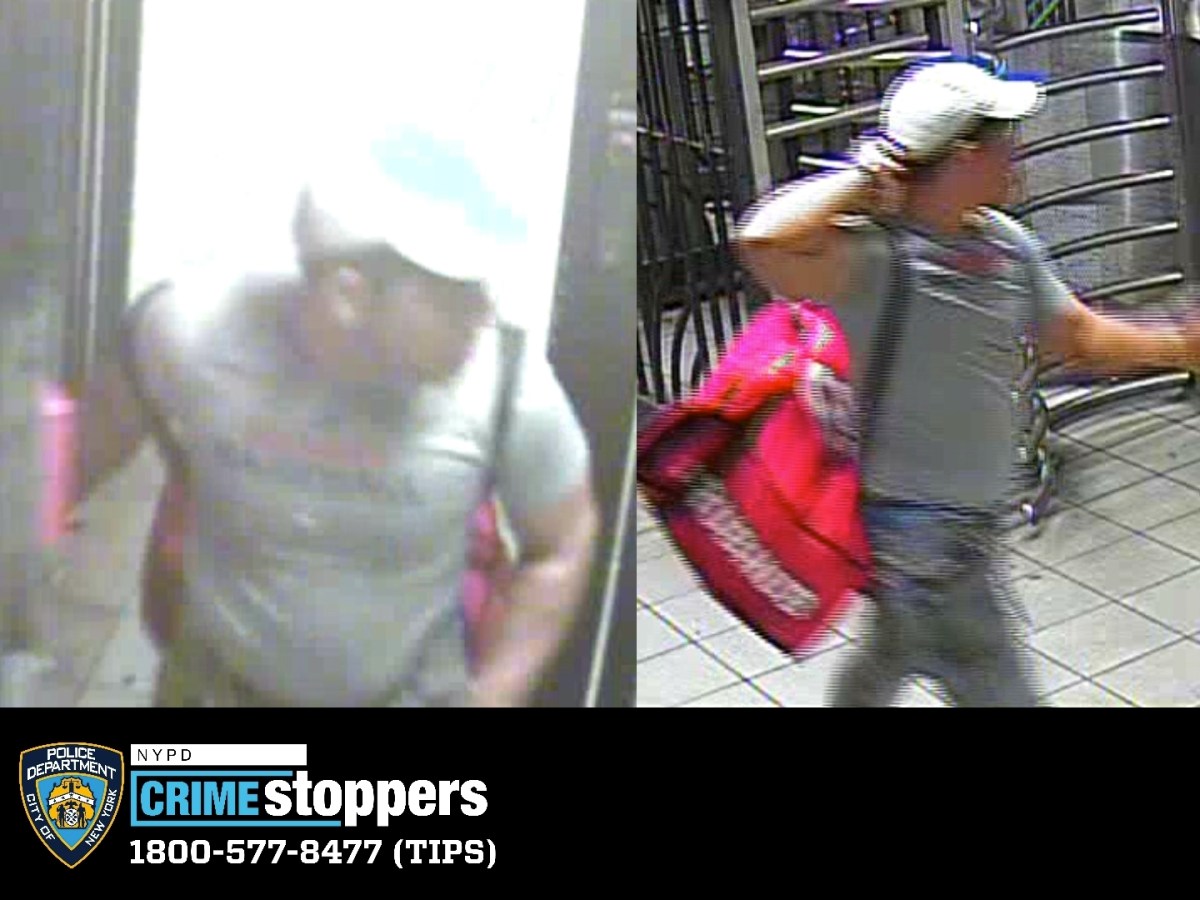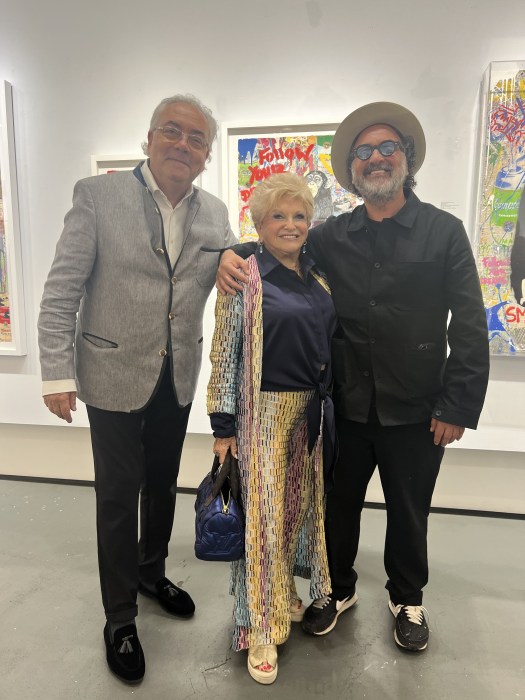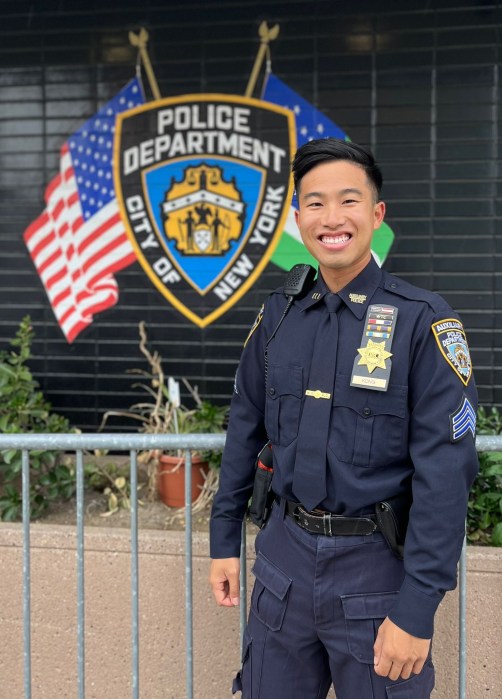By Rich Bockmann
In globalized supply chains where timber felled in Brazil is used in the manufacturing process that creates steel for U.S. automobiles, the economic and moral systems that permit forced labor are often hidden from sight.
“This is not an accident that you don’t know where things come from. It’s not as if, ‘Oh, well, they would let you know,’ but there’s just not enough room on the label or something like that,” Christopher Vogt, chairman of the Theology Department at St. John’s University, explained during a conference on modern slavery held at the Jamaica Estates campus Saturday. “No, that’s part of the system.”
The symposium, entitled “The $$$ and Sense of Modern Slavery,” framed the topic in both economic and spiritual terms.
Keynote speaker E. Benjamin Skinner, a senior fellow at Brandies University’s Schuster Center, said major companies are becoming more aware of the dangers posed by slavery and forced labor in their supply chains.
Skinner, who authored a book on international human trafficking called “A Crime So Monstrous: Face-to-Face with Modern-Day Slavery,” said he saw a shift in perspective on his most recent trip to the World Economic Forum in Davos, Switzerland.
“In the past it’s always been about ‘my company, my company.’ This year it was about ‘my supply chain, my supply chain,’” he said. There is an understanding on the part of corporate boards that this is serious risk. It’s not only a risk to their reputation as a brand, but it’s also a risk to their profits.”
Modern capitalism, Skinner argued, has finally come around to the view on slavery expounded by Adam Smith in “The Wealth of Nations,” in which he argued “the work done by free men comes cheaper in the end than the work performed by slaves.”
Following up on that thought, St. John’s economics professor Charles Clark said forced laborers — enslaved sex workers, for instance — may help make their captors wealthy, but drain the economic potential of the larger society.
“The average worker at McDonald’s generates more profits for their operation than you would find in a worker who’s been enslaved in an industrial country,” he said. “The distribution will change because under this condition it’s, you know, the top 1 percent getting 90 percent of the benefit and the bottom 99 percent of those enslaved will get just subsistence.”
“So allowing forced labor to exist and thrive impoverishes the whole country,” he said. “It keeps it back.”
Vogt, the theology professor, said just as there are economic systems that allow slavery, so, too, are there spiritual ones.
“There is a relationship between personal choice and social structures in which choices are made. When human beings sin, they create structures of sin which, in their turn, make human beings sin,” he explained. “Which came first, the chicken or the egg here, right? We’re born into a broken world marked by sin. That has a negative effect on us that leads us to make bad personal choices but also to continue to strengthen dehumanizing institutions.”
Confronting those systems is a key part of changing them, something Vogt’s colleague in the economics department would agree with.
In pointing out the discussion’s themes Clark said, “An economics lecture is pretty close to redemptive suffering. We know it’s going to hurt, but hopefully it will make us better.”
Reach reporter Rich Bockmann by e-mail at rbockmann@cnglocal.com or by phone at 718-260-4574.



























